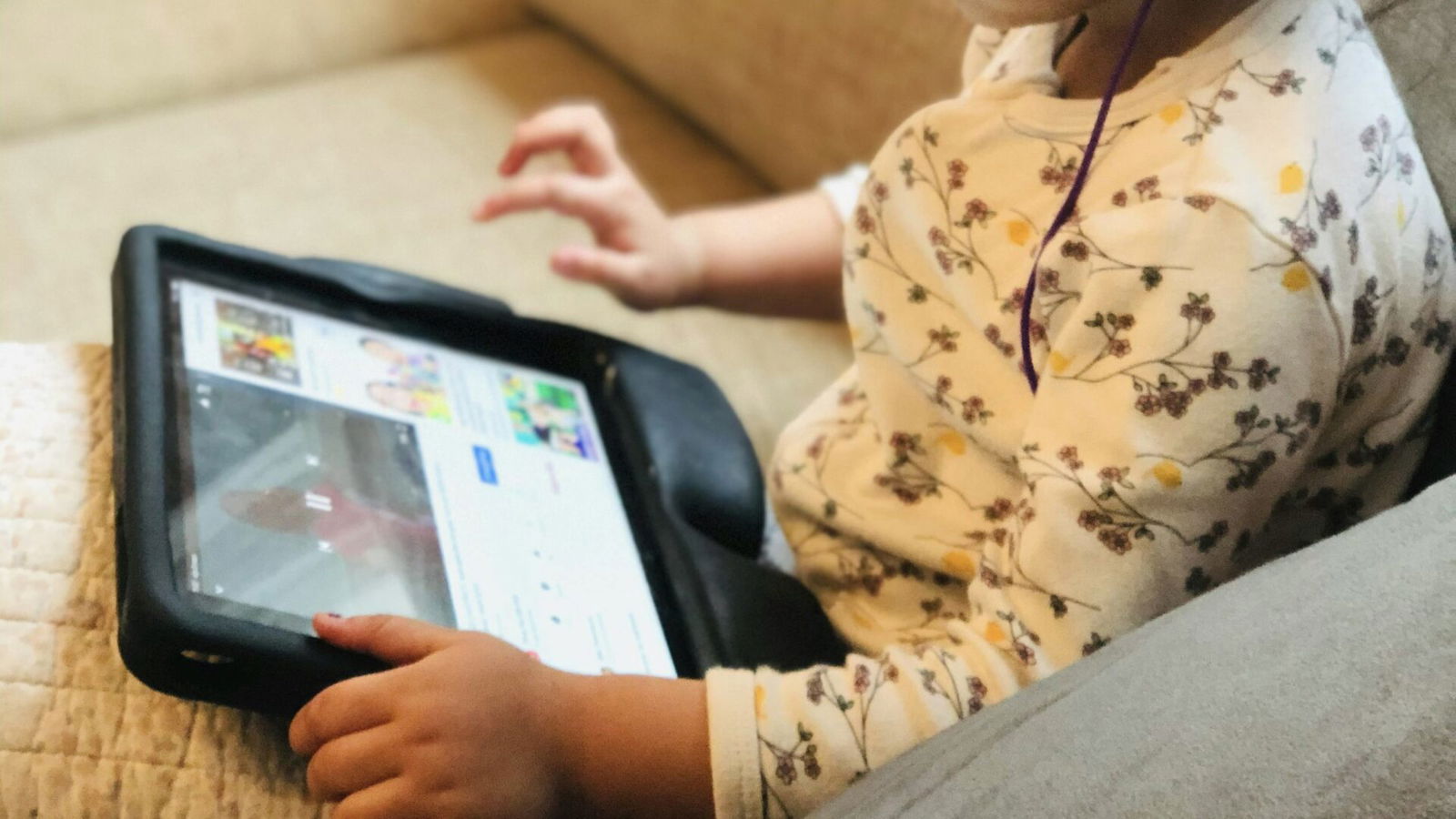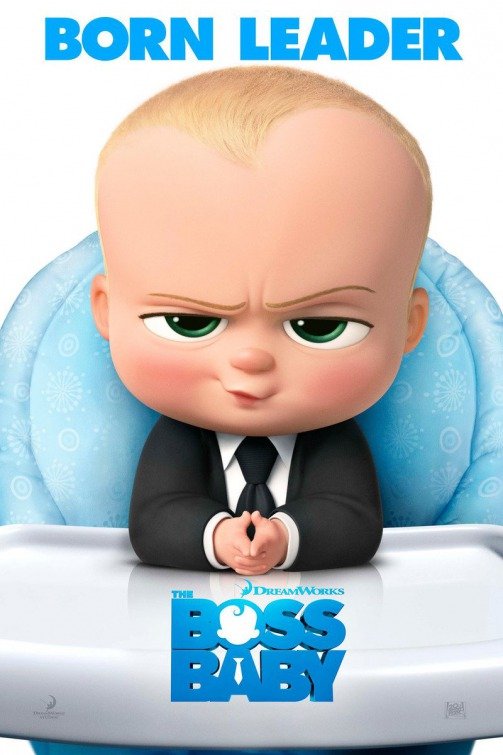
By Mallory Mattingly
Jonathan Haidt, a social psychologist and The Anxious Generation author, urges parents to take away their kids’ “digital pacifier.”
“If you walk through any park, you’ll see people pushing a stroller and the kid has an iPad, either in his hand or it’s mounted on a special mount,” Haidt told FOX & FRIENDS. “I’m told that parents, when they drop off their kids at daycare, now, the kids cry when the parent leaves, not because the parent is leaving, but because the iPad is leaving. They had it at breakfast. They had it in the car.”
“So we’ve been using iPads and iPhones as digital pacifiers,” he continued. “They work very well. They shut the kid up. You can get your work done, but they prevent your child from learning how to function in the world.”
Related: Adolescence Screen Time Spikes Risk of This Mental Health Disorder
“We’ve got to stop that,” he urged, “and so we have to, again, find ways to get them playing with other kids. That’s nature’s recipe for growing up is play. Rough and tumble play, pretend play. You get in fights, you get out of fights. They need all of that.”
A recent census revealed just how tight of a grip tablets have on kids.
By “age 2, 4 in 10 children have their own tablet (40%),” the study found. “By age 4, more than half (58%) of children have their own tablet. By age 8, nearly 1 in 4 children have their own cellphone. Overall, 51% of children age 8 and younger have their own mobile device (such as a tablet or cellphone).”
Unsurprisingly, this kind of dependence creates behavior problems, and according to JAMA Pediatrics, children who use tables at age 3.5 years had “more expressions of anger and frustration by the age of 4.5 years. Child proneness to anger/frustration at age 4.5 years was then associated with more use of tablets by age 5.5 years.”
Though tablets are an easy way to calm your child when they’re upset, they do more harm them good.
“Whenever a negative behavior is followed by something pleasing, that’s going to unintentionally and accidentally reinforce it,” Dr. Jenny Radesky, a developmental-behavioral pediatrician at the University of Michigan Health C.S. Mott Children’s Hospital, said.
“What people need to remember is the more time that kids are on screen, that means there’s less time that they’re getting a lot of things that we know are incredibly important for child development, including interaction with adults, sleep, opportunities to read and conversations that are more interactive with nonverbal cues,” added Mitch Prinstein, the chief science officer for the American Psychological Association.
Instead of pacifying your child with a screen, Radesky encourages parents to talk through their child’s difficult feelings. Too much screen time will only exacerbate a child’s anger and frustrations.
Read Next: Do You Know How Much Screen Time Is Appropriate for Your Child?
Questions or comments? Please write to us here.


 - Content:
- Content: 

